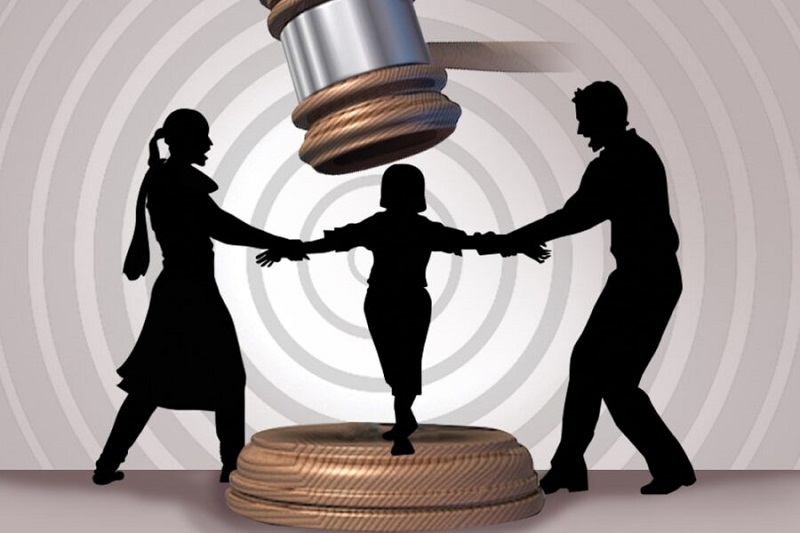Call us now:
Introduction: Your Child Deserves the Best — So Do You
When a relationship ends, children are often caught in the middle — confused, scared, and in need of stability. For parents in South Africa, navigating child custody can be one of the most emotionally overwhelming parts of separation or divorce. You’re not just dealing with legal papers — you’re making decisions that will shape your child’s future.
This blog will guide you through the essentials of custody law in South Africa, helping you understand your rights, your responsibilities, and how to protect what matters most: your child’s well-being.
What Is Child Custody in South Africa?
Child custody, also known as parental responsibilities and rights, determines who is responsible for the care, upbringing, and decision-making in a child’s life. In South Africa, the law recognizes two primary types of custody:
Primary Custody: One parent becomes the main caregiver while the other has access or visitation rights.
Joint Custody (Co-parenting): Both parents share equal responsibility and time with the child.
The Children’s Act places the best interests of the child at the heart of every custody decision. This means emotional, physical, and developmental needs must always come first — not personal revenge, not pride, not ego.
How the Courts Decide Custody: Factors That Matter
However, family courts do not automatically favor mothers or fathers.s. Instead, they look at a range of factors to decide what custody arrangement will best serve the child’s needs:
The relationship between child and each parent
Financial and emotional stability
The home environment of each parent
The ability to provide for education, healthcare, and safety
The child’s own wishes (especially if the child is 7 years or older and mature enough)
Even if you are not the primary custodian, the law may still give you visitation rights or joint decision-making power. Legal guidance is crucial during this process — one wrong move can harm your position.
Your Rights and Responsibilities as a Parent
Both parents have rights — and responsibilities. If you are going through a divorce or separation, here’s what you need to know:
Parental Rights: These include making decisions about schooling, religion, and medical care. Even non-custodial parents often retain these rights.
Visitation Rights: As a result, courts encourage children to maintain strong relationships with both parents, unless it’s proven harmful.
Child Support: Financial support is a legal obligation and is calculated based on the child’s needs and the parents’ means.
If you feel your rights are being violated — or you’re unsure of them — consult with a family law attorney immediately.
Conclusion: Let Love, Not Conflict, Guide You
Child custody doesn’t have to be a battle. With the right support, you can create an arrangement that honors your child’s needs and allows both parents to stay involved. The key is to focus on cooperation, compassion, and clear communication — guided by the law.
At Matimulane Motsiri Elias Attorneys, we specialize in helping parents navigate these emotionally charged moments with strength and clarity. Whether you’re filing for custody, seeking a court order, or drafting a parenting plan, we’re here to help you protect your rights and prioritize your child’s future.


